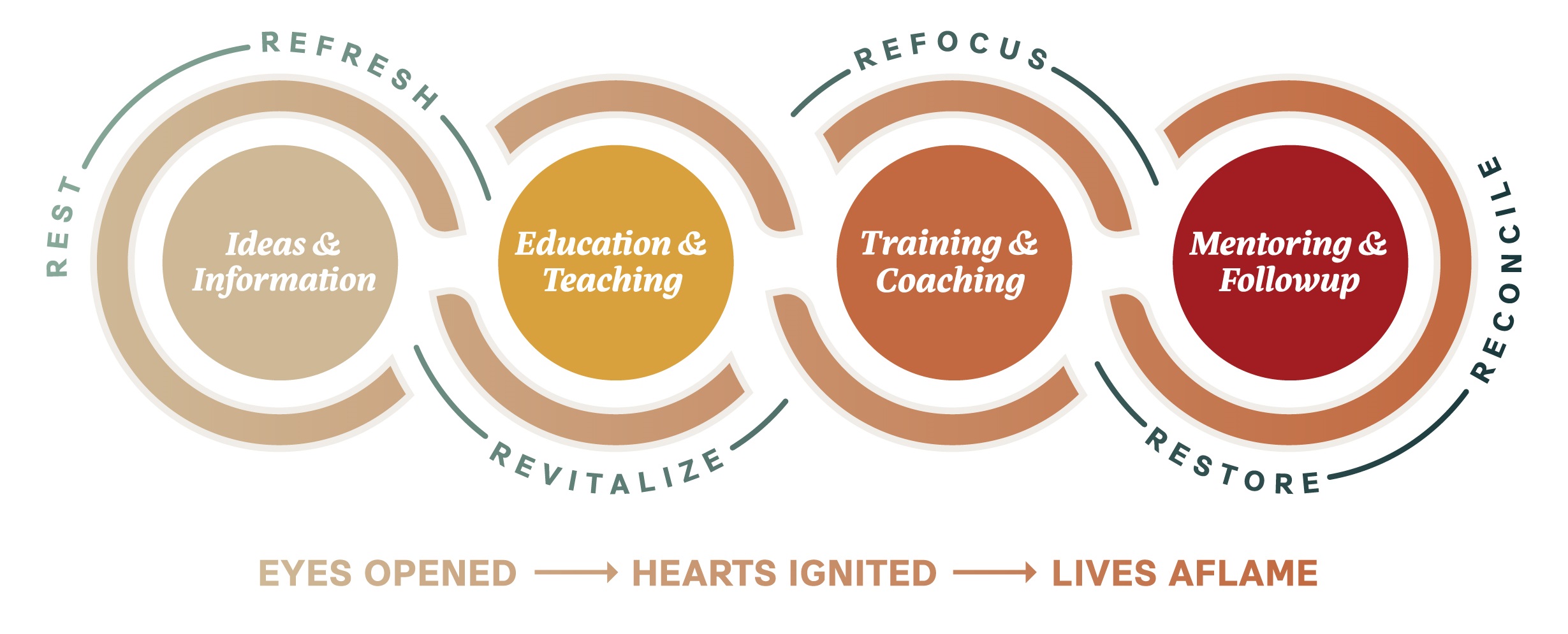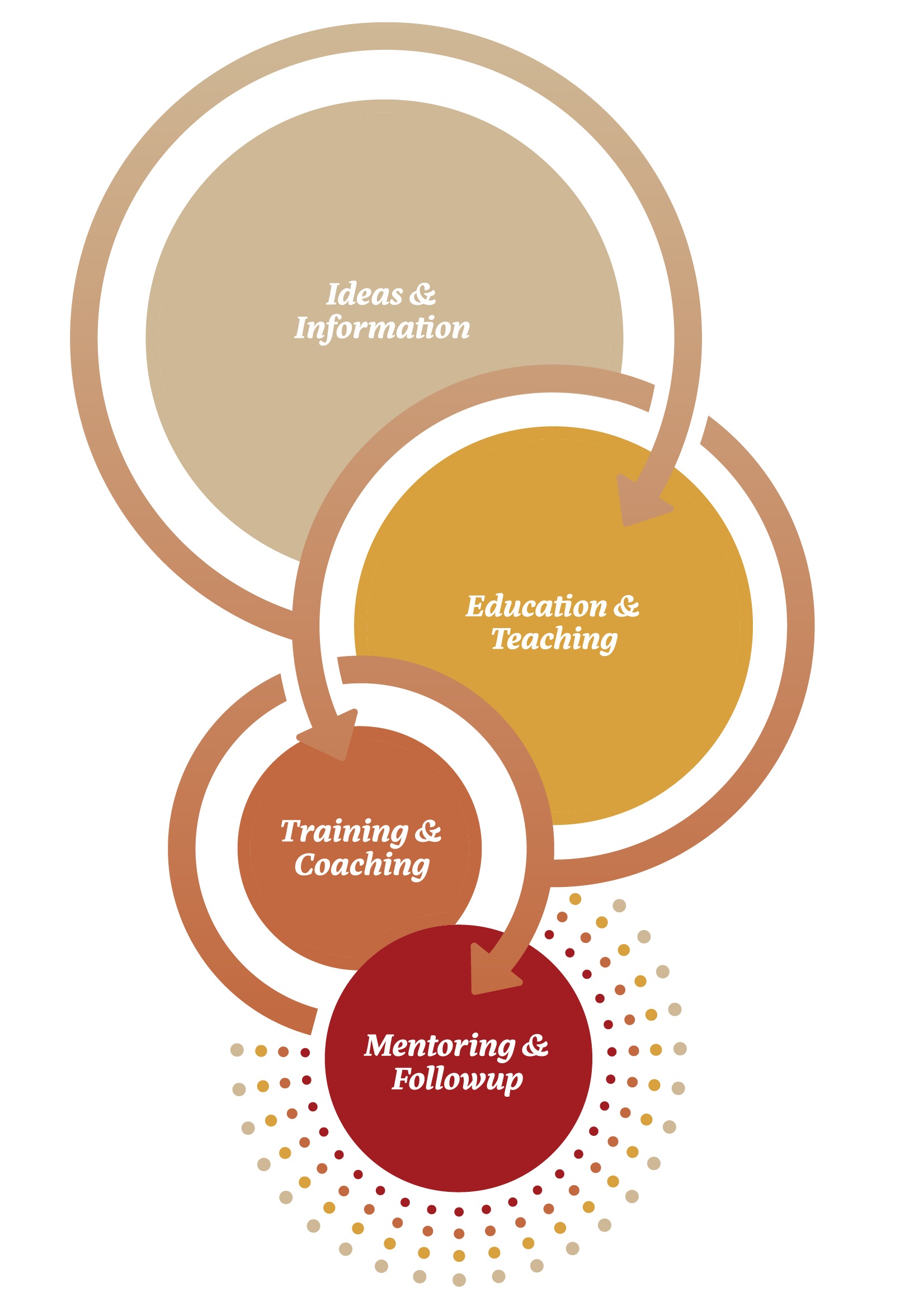The ELI Way
We empower people to CRUSH poverty.
Don't you want to make a difference without
If I choose to give I want the investment to actually reach the intended people or program.
I prefer a hand-up rather than a hand-out.
Will the person move toward self sustainability?
Is the change I’m helping holistic and lasting or a temporary band-aid?
Creating dependency
money being wasted on high overhead
will actually reach the target of helping the poor
will not be
will help others become self sustaining (Will help in a sustainable way)
Can help in a way that is not a one off – in other words –
Can actually help as many people as possible
Empowerment
Is NOT: help, aid, support, development, providing relief, teach, training, or even equipping them.
The secret to empowerment is in the name. Empowerment is about power!
Poverty is a heartless, ruthless, thief that steals dignity, joy, hope, and the capacity to dream. Empowerment rekindles the hope that poverty has stolen. Poverty is often wrapped up in complicated language like: injustice, systemic problems, or inequality. But after working for almost three decades in the lives of people who actually live in this devastating thing called poverty, ELI defines it as:
Poverty is a heartless, ruthless, thief that steals dignity, joy, hope, and the capacity to dream. Empowerment rekindles the hope that poverty has stolen. Poverty is often wrapped up in complicated language like: injustice, systemic problems, or inequality. But after working for almost three decades in the lives of people who actually live in this devastating thing called poverty, ELI defines it as:
Poverty (n): a state of brokenness in which a combination of physical, emotional, social, and spiritual realities prevent a person from living in the fullness of their God-ordained destiny
Empowerment creates the ability to make broken things whole. When people have the knowledge, skills, and confidence necessary to change their reality, the entire game changes. They have a newly possessed authority over the future. And as a result, families are restored, communities are inspired, and governments take notice. An empowered person realizes that he or she has control over the very circumstances that have been their shackles. An empowered person can pick locks and break chains.
There is no greater gift that one can give, than empowerment.
The 4 Forms of Poverty
Poverty is a complicated, ruthless, and merciless reality. It is so much more than not having possessions and things. It is also not about being "happy even though they have so little." Povery is the manifestation of the lack of power. Being disempowered is being poor. In order to better grapple with the construct of poverty it's helpful to understand poverty as trauma. Trauma is not only a physical description of harm and it is more than a phsycological condition. Trauma is the re-wiring of the brain, body, and spirit in a way that challenges ones' ability to assert his or her will over the future.
For a person to be healed of trauma, they need to see their world differently and begin to interact with it in a new way. Their wounding may be due to myriad of factors and combinations across the physicial, emotional, social, and spiritual realities (click here for a more in-depth view of poverty). To empower somebody requires a deep understanding of their reality. It requires listening. It requires empathy. The act of empowerment means laying aside ones' own agenda for the sake of another's. It is an act of humility that desires to see the other person restored, dignified, and honored.
The 3 Questions
The power of three simple questions is truly astounding. Many programs, people, and organizations labor tirelessly in their attempts to solve serious and significant problems. ELI's take is a bit different. The good thing about being a problem solver is that you're often in high demand. The problem with problem-solving is that doing it too often actually makes other people dependant on you. The root of a problem is not in the "doing" of the thing. The problem really lies in a question: Why is the thing not being done is the first place?
Providing a solution is realtively easily. Learning about the challenge is a much more time consuming and exhausting process but with far greater results. Three questions have been used time and again to break down barriers, open the flood gates, and facilitate an unimaginable harvest:
Providing a solution is realtively easily. Learning about the challenge is a much more time consuming and exhausting process but with far greater results. Three questions have been used time and again to break down barriers, open the flood gates, and facilitate an unimaginable harvest:
1. Why are you here?
No really, why are you here? What are you hoping to find, learn, hear, or encounter that will produce change?
2. What do you want?
Are you sure that it what you want? How do you know it's what you need?
3. What do you already have?
Are there resources you already have? Relationships? Assets? Look around...grab a piece of paper and make a list.
Powered by Site Stacker



